Renal Concretion Types and Treatment
Renal Concretions, also popularly referred to as kidney stones, are hardened deposits of minerals and salts that develop inside the kidneys. They differ from the size of small sands to very large and painful stones that need medical aid. While they are, in most cases, accompanied by very severe pains, and discomfort. But, at times, severe complications like infection or kidney damage can occur. In this blog, we discuss the different types of renal concretion, their treatment options, and how to manage them.
Different Types of Renal Concretion
There are various forms of kidney stones based on their nature. The most common types of renal concretion are:
1. Calcium Oxalate Stones
Calcium oxalate stones form when urine has too much calcium and oxalate. Most of the common stones in the kidneys are calcium oxalate stones. They are caused partially by the consumption of oxalate-rich foods like tea, spinach, and chocolate, dehydration, and a metabolic disorder. Recipients of calcium oxalate stones may need some investigations, including both 24-hour urine collection and blood tests to ascertain their urinary function and metabolism.
2. Calcium Phosphate Stones
This type of stone usually develops in cases of urinary system abnormalities and infections or is caused by pH changes. This kind of stone sometimes occurs with the calcium oxalate stone and hence complicates the treatment aspect. Some diagnostic tests, including blood tests and imaging, determine the underlying factors leading to calcium phosphate stone formation.
3. Struvite Stones
Common in women, struvite stones occur with urinary tract infections (UTIs). They have a rapid growth rate, and at times, they occupy the whole kidney. If untreated, they cause chronic UTIs leading to the possibility of damage to the kidneys. In some cases, large struvite stones cause the need for surgical intervention.
4. Uric Acid Stones
Uric acid stones are formed mostly in those individuals who take less amount of water and eat a heavy diet with animal protein. This type of stone is more common in males and is aggravated by conditions such as gout, chemotherapy, and obesity. They are smaller stones, but they can produce very painful and uncomfortable experiences.
5. Cystine Stones
Cystine stones are very rare and are mainly caused by a hereditary genetic defect cystinuria. The hereditary disorder cystinuria leads to a surplus of the amino acid cystine in the urine, which can then crystallize and form stones. Cystine stones form in the kidneys and bladder and the ureters as well.
6. Bilateral Renal Concretions
When a stone forms in both kidneys, it is known as a bilateral renal concretion. This condition is worrying because the chances of increased discomfort and complications like infection or kidney function impairment increase with stone formation in both kidneys. So if you think you are having bilateral renal concretions, you need to seek treatment at the earliest.
7. Left and Right Renal Concretions
Renal concretions can be either left or right. Left renal concretion are those affecting the left kidney while right renal concretion affects the right kidney. The symptoms and severity of the conditions usually depend on the size, location, and nature of the stone. Some conditions might require specific targeted intervention to remove or fragment the stones while others may require a more overall treatment scheme due to larger or multiple stones.
Treatment of Renal Concretion
The treatment of renal concretion depends on the size and position of the stone along with its type. The treatment takes care of relieving pain and preventing complications and, if possible, fragmentation or removal of the renal stones. The most common treatment methods for moderate to large size kidney stones are as follows:
1. Extracorporeal Shock Wave Lithotripsy (ESWL)
Extracorporeal shock wave lithotripsy is a procedure in which shock waves are used to break stones into smaller pieces so that they can be eliminated from the body with relative ease. This non-invasive treatment is suitable for small and medium kidney stones. The whole procedure takes about 35 to 45 minutes and the discomfort usually felt is very minimal.
2. Ureteroscopic Lithotripsy
The Ureteroscopic Lithotripsy is performed with the help of a long, flexible endoscope that runs through the instrument to access the renal tract to empty or break up any calcium deposits in the colic system. The condition is commonly used for removing small calyces and for middle-sized stones. Some stones, too big, may be turned into small sizes through the laser energy and thus redistributed. This is a very minimally invasive operation and is performed under an anaesthetic.
3. Retrograde Intrarenal Surgery
This surgery procedure employs an endoscope to access kidneys and disintegrate the stones using a highly focused laser beam. Fragments are collected before removal. RIRS is suitable for stones located in areas that can be reached only with greater precision or through access that is challenging.
4. Percutaneous Nephrolithotomy (PCNL)
This can be given as an option for patients with large renal concretions, and it involves performing a small incision in the back and a nephroscope is inserted into the kidney to remove or lithotripsy urine stones. PCNL is more invasive than other procedures but indicated for very large stones for which ESWL or URSL has been ineffective.
General preventive measures include adequate hydration, consumption of a balanced diet, and limiting the intake of oxalate-rich foods to prevent renal concretions and preserve healthy kidneys. Annual check-ups with a kidney specialist in Haryana would be useful in keeping track of kidney function and warding off new stone formation.
Management and Prevention of Renal Concretion
To ensure the prevention of renal concretion, one should drink adequate fluids, limit consumption of oxalate-rich foods and have a balanced diet. For some individuals who might tend to develop these stones, medications may help to reduce the chances of forming such stones.
For recurrent renal stones, regular follow-ups with the nephrologist are essential. These visits provide monitoring of the condition of the kidneys and early detection of new stones in the kidneys.
If you feel any symptoms like severe pain, difficulty in urination, or blood while urinating, immediately consult a nephrologist near me. SS Kidney Hospital is one of the best hospitals in Haryana offering advanced diagnostic and treatment options for all types of renal concretion.
Renal concretion can cause severe pain and discomfort. However, effective treatments and prevention methods can help manage them. Timely diagnosis or intervention is necessary regardless of what type of stones you’re suffering from. At SS Kidney Hospital, our expert professionals offer the best treatment and care for you, helping you stay healthy and happy.

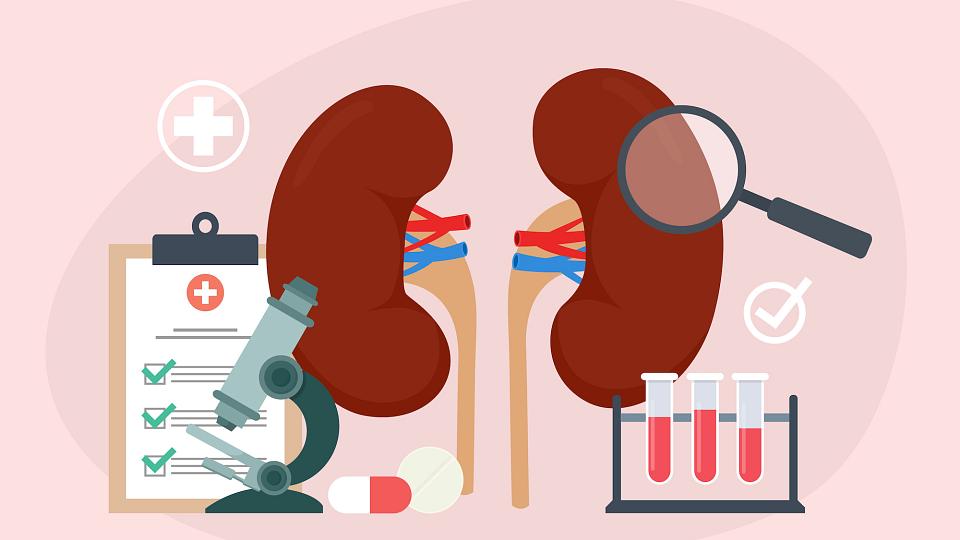


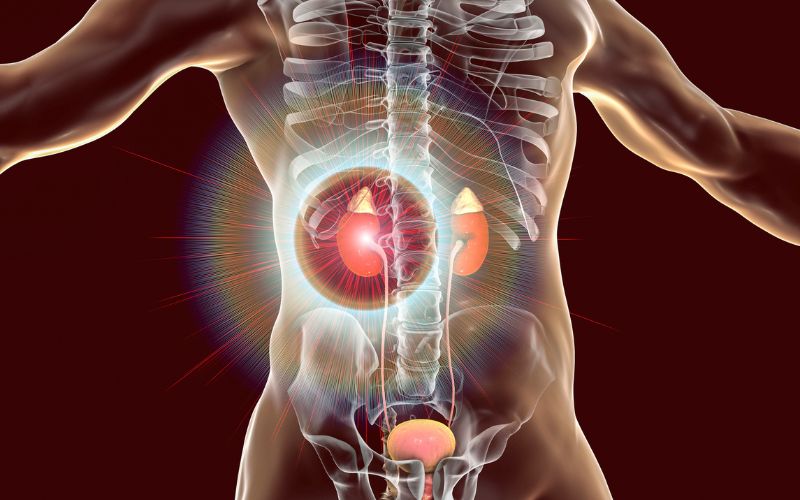
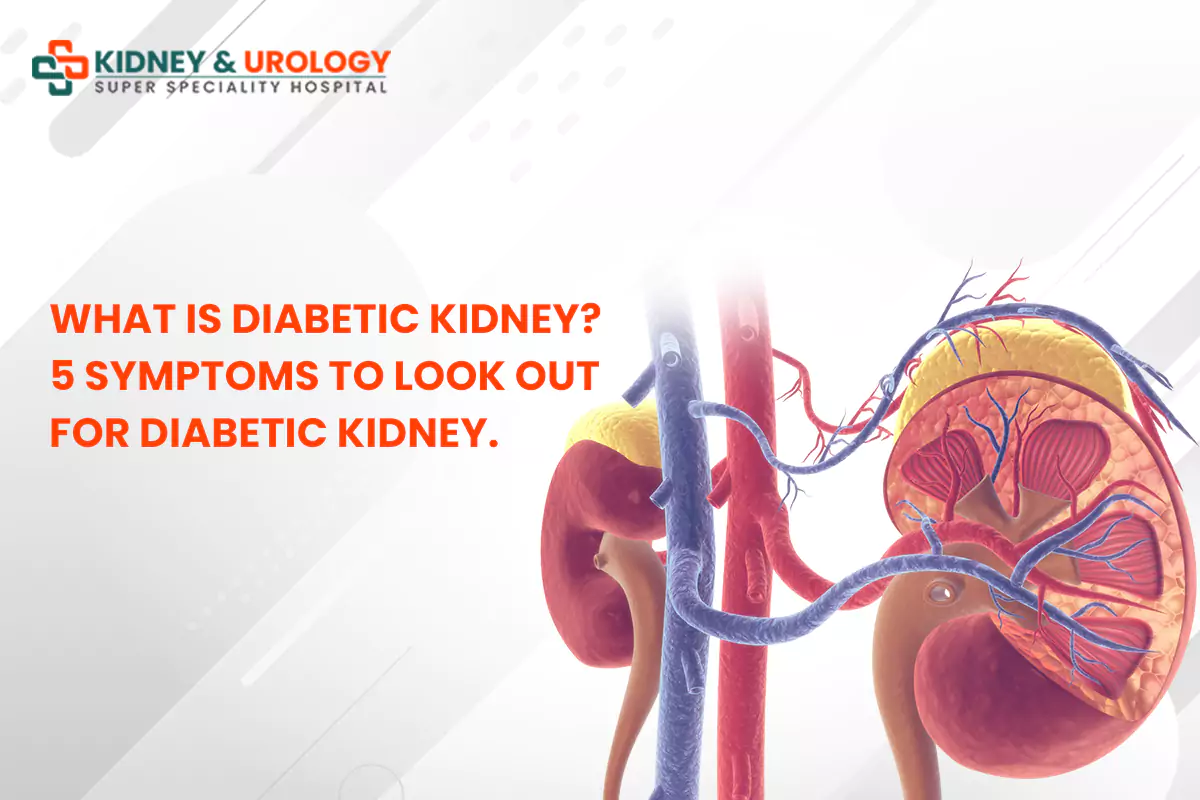
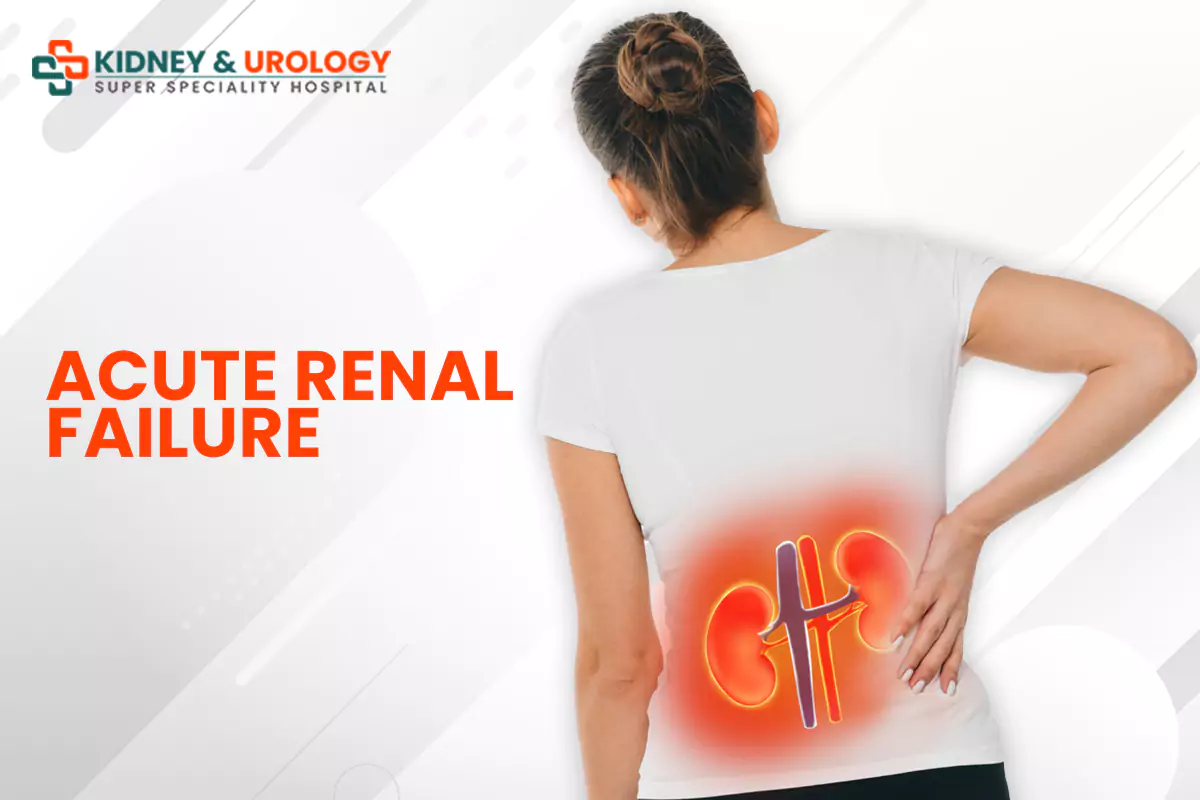
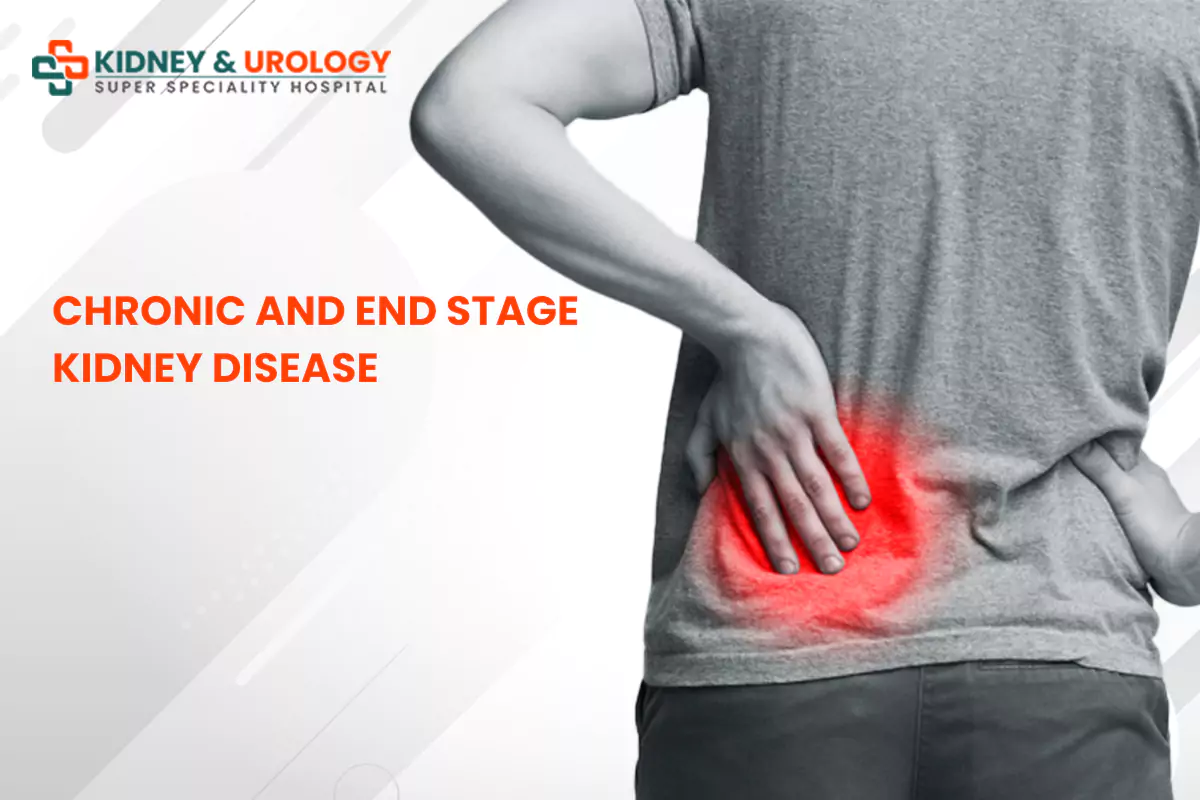
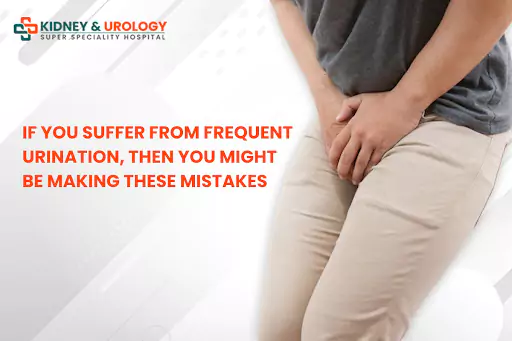
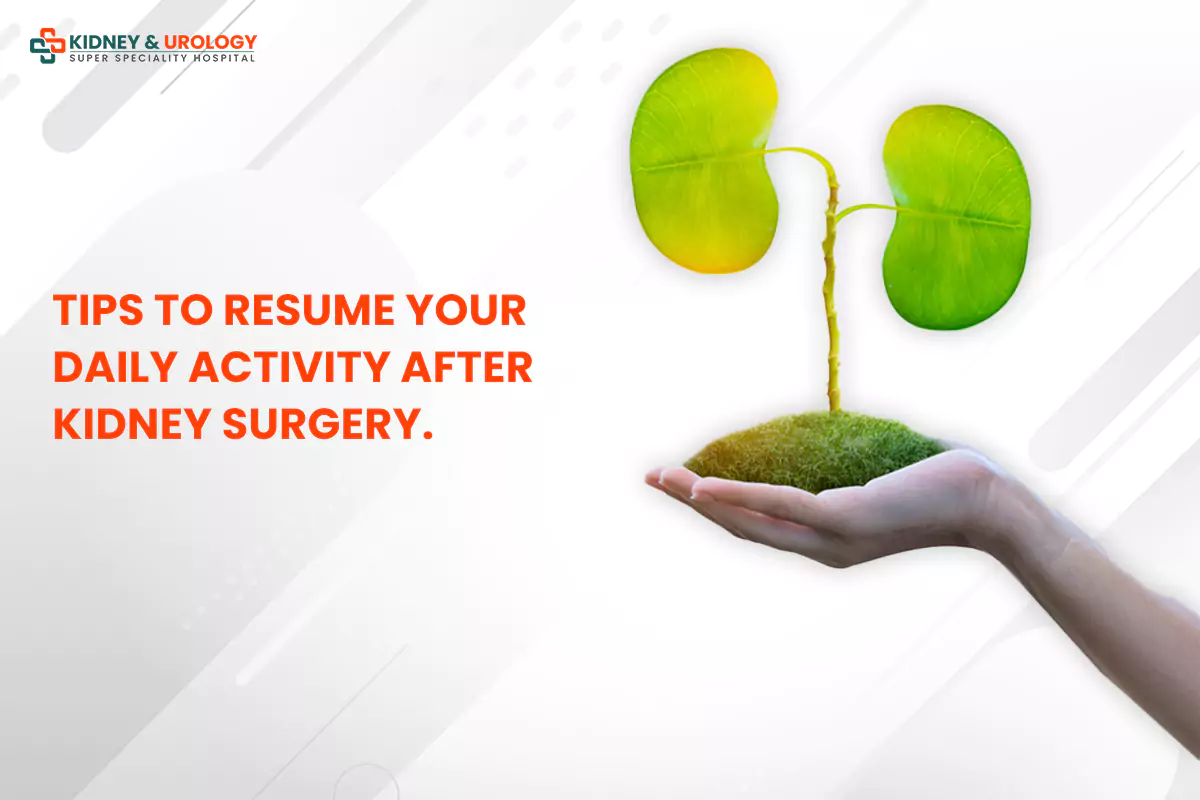




Request A Callback